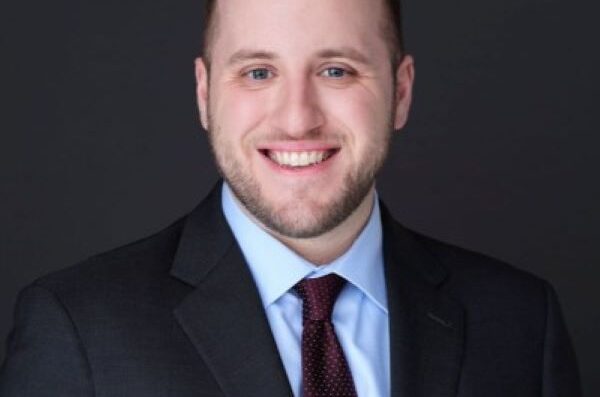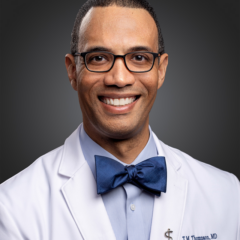The Division of Toxicology supports a productive research program that benefits from our diverse faculty talents and collaborative relationships with multiple institutions. Our goal is to advance the science and improve the practice of medical toxicology.
A central component of our mission is to support the scholarly development of our fellows-in-training. Mentorship from experienced faculty at Cook County Hospital, the University of Illinois Medical Center, Rush Medical College, Northshore University, and the Illinois Poison Center allows our fellows to design, conduct, present, and publish high-level original research. Our fellows routinely present their research findings at annual meetings such as the North American Congress of Clinical Toxicology (NACCT), the American College of Medical Toxicology (ACMT) Annual Scientific Meeting, the American College of Emergency Medicine (ACEP) Research Forum, the Society for Academic Emergency Medicine (SAEM) Annual Meeting, and the Illinois College of Emergency Physicians (ICEP) Academic Forum.
Our fellows also participate in a research curriculum that includes the following:
- Weekly journal club
- Monthly scholarship seminar
- ACMT Spring scientific meeting
- ACEP-sponsored EMBRS research course
- Mentored manuscript review for various journals
Our research program also assists students and residents from various disciplines with planning research, applying for IRB approval, implementing studies, analyzing data, as well as abstract, poster, and manuscript preparation.





